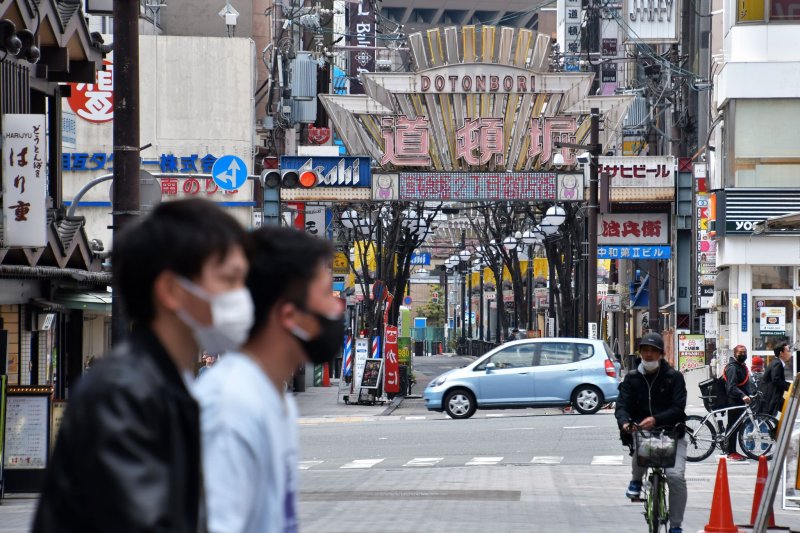AP Source: NFL to play Black anthem before national anthem
“Lift Ev’ry Voice and Sing” will be performed live or played before “The Star-Spangled Banner” prior to each NFL game during Week 1 and the league is considering putting names of victims of police brutality on helmet decals or jersey patches, a person familiar with the discussions told The Associated Press.
The person said the league is working collaboratively with players to recognize victims of systemic racism throughout the season in a variety of ways. The person spoke to the AP on Thursday on condition of anonymity because discussions between the league and the NFL Players Association are ongoing.
Lift Ev’ry Voice and Sing” is traditionally known as the Black anthem. It’ll be played first when the Super Bowl champion Kansas City Chiefs host the Houston Texans to kick off the NFL regular season on Sept. 10.
“Lift Ev’ry Voice and Sing” will be performed live or played before “The Star-Spangled Banner” prior to each NFL game during Week 1 and the league is considering putting names of victims of police brutality on helmet decals or jersey patches, a person familiar with the discussions told The Associated Press.
The person said the league is working collaboratively with players to recognize victims of systemic racism throughout the season in a variety of ways. The person spoke to the AP on Thursday on condition of anonymity because discussions between the league and the NFL Players Association are ongoing.
Lift Ev’ry Voice and Sing” is traditionally known as the Black anthem. It’ll be played first when the Super Bowl champion Kansas City Chiefs host the Houston Texans to kick off the NFL regular season on Sept. 10.
REALLY I THOUGHT THIS WAS THE BLACK AMERICAN ANTHEM
AFTER WHICH THEY COULD PLAY HENDRIX VERSION OF STAR SPANGLED BANNER
JIMI'S BLACK LIFE MATTERED
VERSION BY STEVIE RAY VAUGHN












